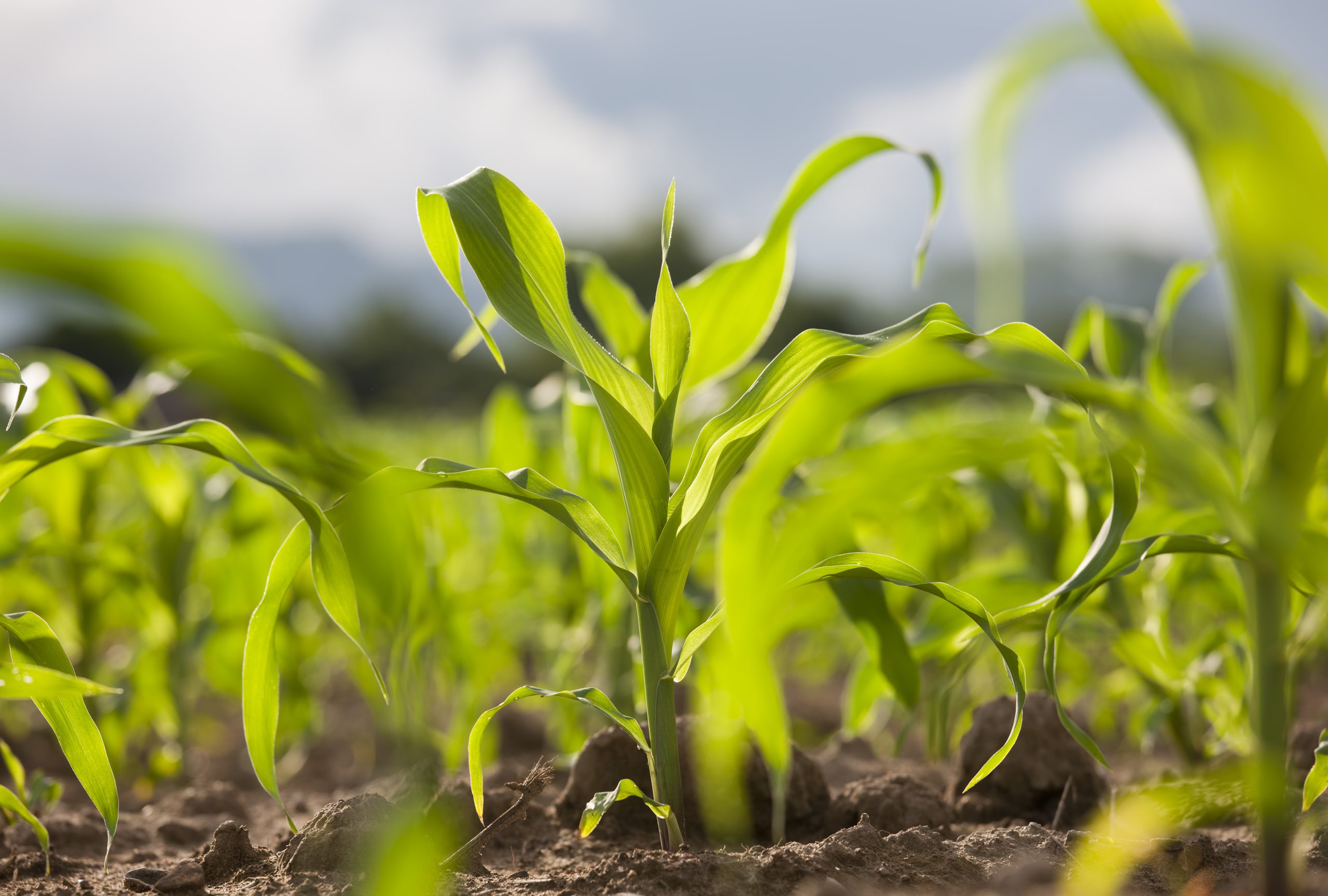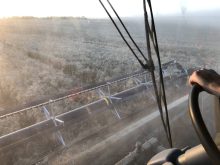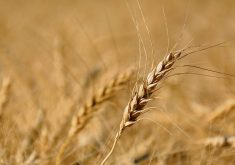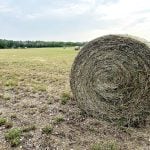The Grain Growers of Canada’s vice-president is getting a promotion.
Stephen Vandervalk, who farms at Fort Macleod, Alta., was elected by the Grain Growers’ board of directors to its top post this week during the group’s meeting in Ottawa.
Vandervalk joined the GGC board in his role as Alberta vice-president for the Western Canadian Wheat Growers Association.
Replacing Vandervalk as the Grain Growers’ vice-president is Gary Stanford, who farms at Magrath, Alta. and is currently a director at large with the Alberta Winter Wheat Producers Commission (AWWPC).
Read Also
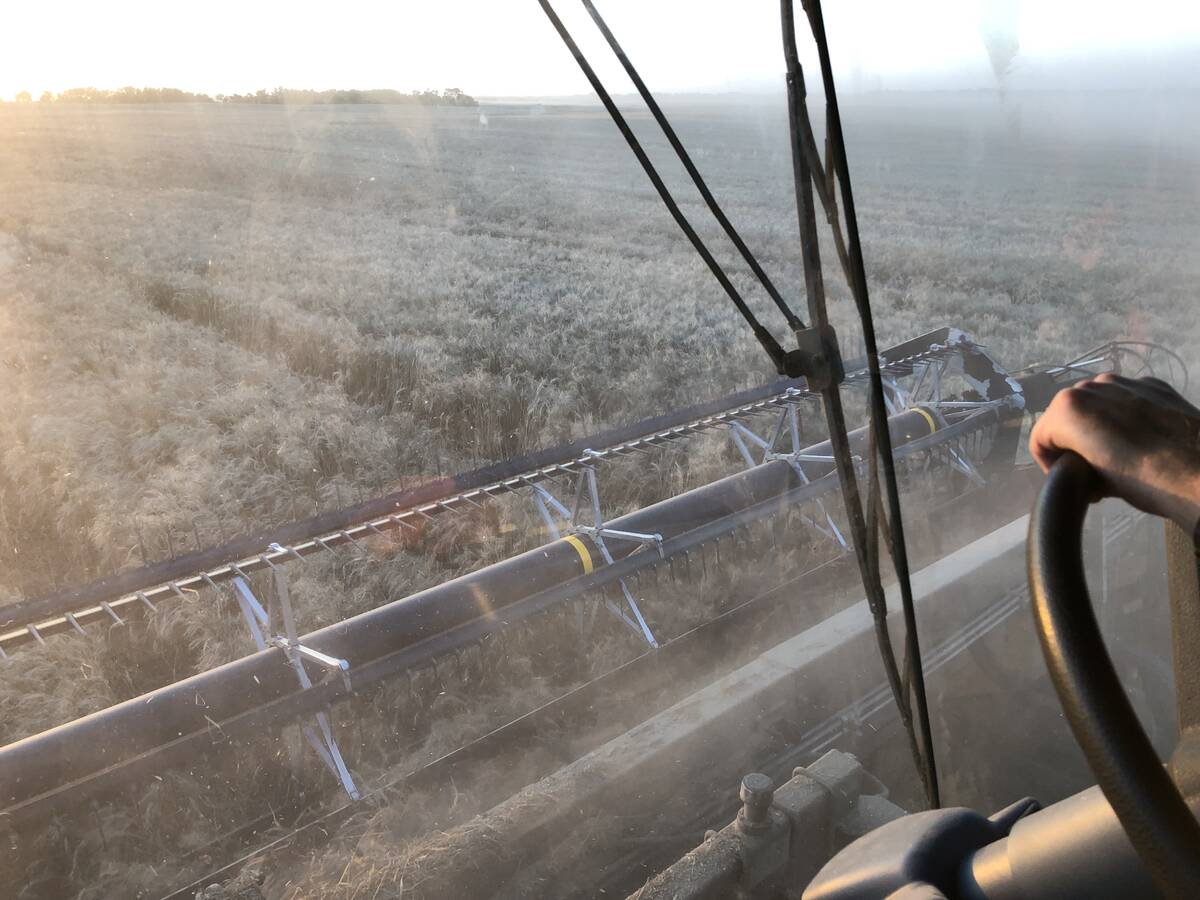
Mail strike disrupts grain sample delivery
The Canadian Grain Commission has asked farmers to consider delivering harvest samples directly to CGC offices, services centres or approved drop offs as Canada Post strike delays mail.
The Grain Growers board also named two executive members: Allan Ling, a grain grower and cattle feeder from Wheatley River, P.E.I., representing the Atlantic Grains Council, and Irmgard Critcher, a producer from B.C.’s Peace region and president of the B.C. Grain Producers Association.
Vandervalk also operates FalCan Industries, a trailer and truck deck manufacturer, with his family at Fort Macleod, and has previously taken part in Syngenta Canada’s Grower University program through the Richard Ivey School of Business.
Also an AWWPC board member, he replaces Doug Robertson of Carstairs, Alta., as GGC president.
Vandervalk on Thursday hailed Robertson’s contributions in helping to “lead the fight for sound science and the impending defeat of Bill 474, as well as keeping the rail service review file moving.”
Bill C-474, a private member’s bill from the federal New Democrats’ agriculture critic Alex Atamanenko, calls for an export market assessment on any new genetically-modified (GM) crop variety proposed for registration.
The bill passed second reading in the House of Commons in April but is expected to die there as both the Conservatives and Liberals are now reported to have said they will vote to defeat it.
“The government doesn’t owe farmers a living, but it does owe them a policy environment in which they can make a living,” Vandervalk said in the GGC’s release.
“The need for more research funding, an aggressive approach to trade talks based on sound science, federal consultations on new farm programs, and a successful rail service review remain some of the top priorities for grain farmers across Canada.”

